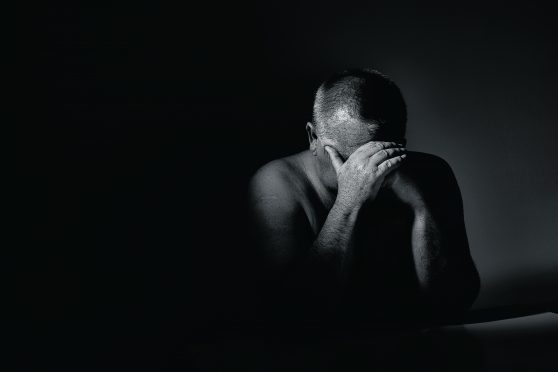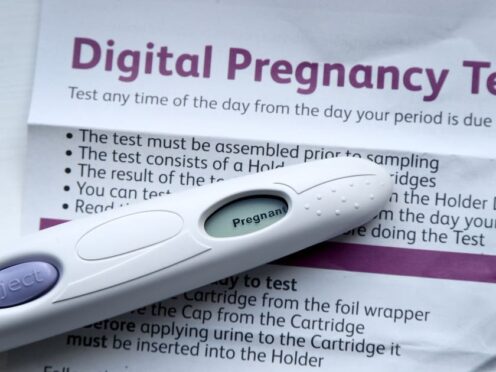Men: It’s time to take charge of your mental health, writes Professor Ewan Gillon, as he discusses the signs of male depression and offers his top tips.
Did you know it’s estimated that one in eight men in the UK suffer from mental health issues?
Statistics show that one in seven men develop depression within six months of becoming unemployed, and that three out of four suicides in the UK are by men.
Men are more likely to find that their mental health is affected by job loss, financial worries and work stress. With the recent job cuts in the North Sea oil and gas industry, it has been estimated that over 65,000 people have already lost their jobs.
Many of those who have kept their jobs are on vastly reduced hours or salaries, which also leads to financial uncertainty and many feeling anxious about their future job security.
The stigma attached to mental health causes many men to view asking for help as emasculating, meaning many refuse to accept they have a problem.
Men often feel as though they need to appear strong, especially those who work in male-dominated industries, which can make it harder for them to ‘open up’ about their feelings, instead remaining silent and isolating themselves.
There is a common perception that men don’t suffer from mental health issues, but in reality, they are just as likely as women to feel anxious, stressed or depressed – they just tend to experience it and deal with it differently.
While women are more likely to speak to friends and family, men will often turn to substance and alcohol abuse, gambling, self-harming, or over-working to deal with their feelings. These coping mechanisms often mask the real ‘problem’ and can lead to depression, stress or anxiety being undiagnosed.
Instead of letting their stress escape through emotional outpours, men are more likely to keep their frustration in, alienating themselves, lashing out or getting angry. These feelings can also lead to men attempting to transfer the burden of stress by blaming those around them.
DEALING WITH DEPRESSION
The following tips will help you challenge the negative symptoms of depression and improve your mental health:
EXERCISE: Not only does exercise release endorphins in the brain, but it’s also a good way to socialise, lose weight and feel fitter – all of which can improve mental health.

TALK: Do you have a friend, partner or family member you can confide in? Having someone close to you understand your situation can help you feel as though you’re not alone. General socialising with friends can also help you feel connected, take your mind off your stressers, and help prevent you retreating from social situations which is a common feeling during depression. Alternatively, speak to a councillor or therapist. Many of our therapists understand the issues men face and you can always request a male therapist if that makes you feel more at ease.
PRACTISE MINDFULNESS: The ancient practice of mindfulness encourages us to live in the present and increase our awareness of our own thoughts and feelings. Mindfulness, practised by men all over the world including athletes and servicemen, can help to relieve stress, improve blood pressure and stimulate rational judgement so that you can make better decisions. It can be done anytime, anywhere, and the only person who needs to know is you.
Unemployment and job insecurity is a major source of stress and anxiety, but you’re not alone – talk to someone close to you or speak to a therapist. It’s ok to not feel ok.
Visit www.aberdeenpsychology.co.uk











